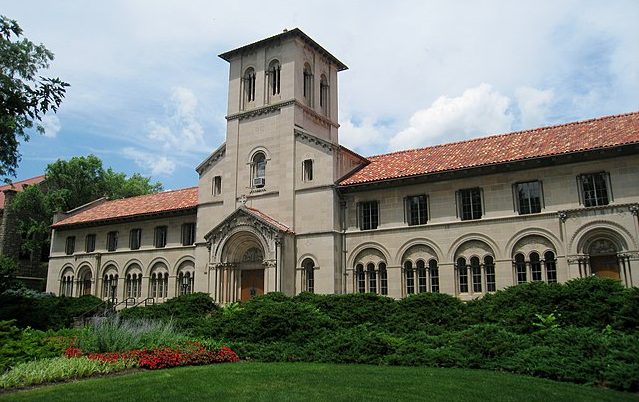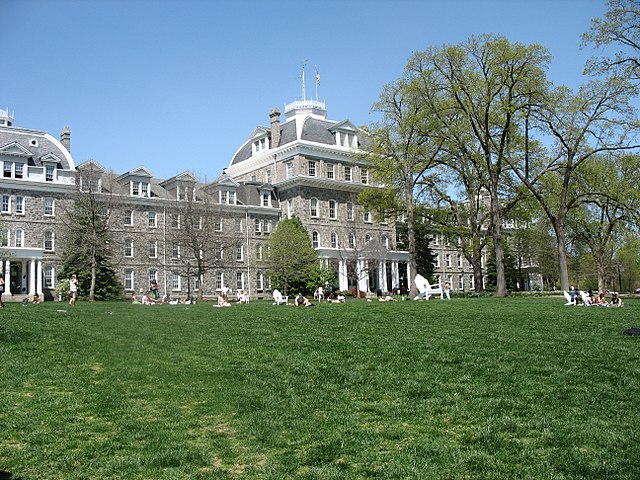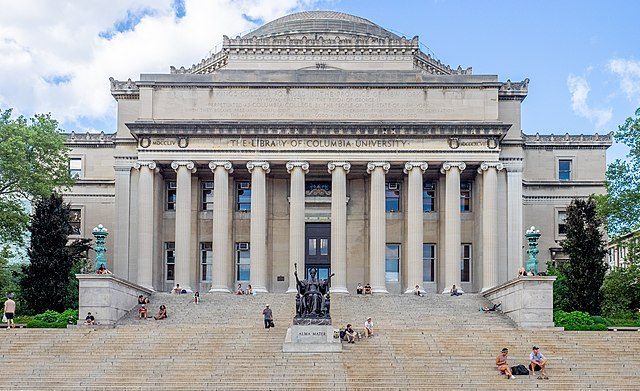This week, colleges and universities across the U.S. cancelled classes due to the spread of the coronavirus.
Middlebury and Amherst
Amherst announced to students that all classes will be moved online indefinitely beginning on March 23, following their spring break next week. Classes are cancelled Thursday and Friday of this week, and “all students are expected to have left campus by Monday, March 16,” with the exception of students who successfully petitioned to stay on campus.
According to WCAX, a leaked email from a Middlebury professor saying that spring break would start one week early circulated around campus. An hour later, the administration confirmed its decision to move classes online and dismiss students a week early after learning that a visitor to a campus sporting event tested positive for the coronavirus. Middlebury plans to reevaluate the policy in early April.
Massachusetts
There are now 92 confirmed coronavirus cases in the state of Massachusetts as of March 10, according to NBC10 Boston.
Harvard announced that, effective March 10, classes will be moved to online instruction, with the goal of full implementation by March 23. Students have been asked not to return after spring break.
MIT also cancelled classes starting the week following spring break, moving to online classes. MIT instructed students to leave residence halls by March 17.
Smith said on Tuesday that in-person classes would continue through the end of the week, beginning spring break early. Classes will be conducted online thereafter. Students are expected to move out by March 20, except in the case of extenuating circumstances.
Other schools
The University of Washington was the first institution of higher education in the U.S. to cancel in-person classes in an announcement on March 6, moving classes online for the rest of the quarter beginning March 9. They plan to resume normal class operations when spring quarter begins, pending public health guidance. As of March 10, there were at least 25 deaths and 269 infections linked to the coronavirus in Washington state, according to KIRO 7. A university employee tested positive for the virus, but the university stated that the decision to cancel classes was made prior to this news.
Stanford University announced on Friday that classes would no longer meet in person beginning on March 9. The news came less than three hours after news that a faculty member had been diagnosed with coronavirus, with several Stanford undergraduate students in self-isolation. Stanford’s event for prospective undergraduates has also been cancelled. The number of coronavirus cases in Santa Clara County was 37 as of March 9.
UC Berkeley announced their decision on March 9 to make most classes remote at least until the end of spring break. Lab classes, studios, physical education and performing arts will remain in-person. No coronavirus cases have been confirmed on campus.
UC San Diego will also deliver all lectures and discussions remotely in its spring quarter, which begins on March 25.
The University of Southern California is conducting lectures and seminars online from March 11-13 “as part of a preparedness test,” according to CNN, though there are no cases of coronavirus on campus.
On March 8, Columbia University announced that a student had been quarantined after being exposed to the coronavirus, resulting in classes being suspended on March 9 and 10 and shifted online for the remainder of the week.
Princeton has instructed its students to stay home after spring break. Starting March 23, all classes will go online until at least April 5, upon which the university will reassess health risks.
Cornell will also move to virtual instruction after their spring break, which runs from March 28 to April 5. The university asked students to remain at home and complete the semester remotely.
Yale is also asking students to remain home after spring break and conduct classes virtually. Students should move out by March 15.
University labs search for a vaccine
The University of Pittsburgh has received vials of COVID-19 for study after getting approval from the Centers for Disease Control and Prevention, according to Inside Higher Ed.
The University of Texas at Austin is also researching the coronavirus, having published a paper on “creating the first 3D atomic scale map of the part of the virus that attaches to and infects human cells” on Feb. 19, according to UT News. Mapping this part of the virus is “an essential step” towards developing vaccines and antiviral drugs. As for when a vaccine could actually be distributed, Dr. Jason McLellan, professor of molecular biosciences and lead researcher on the project, told KXAN News, “It’s much more likely to be in 18-24 month time frame.”













